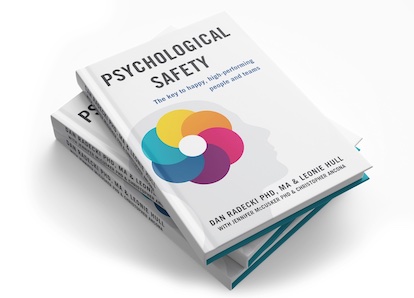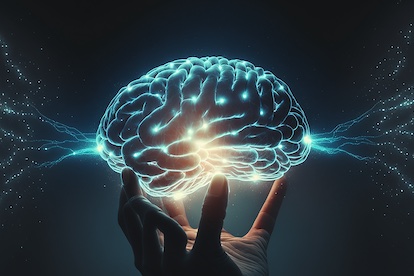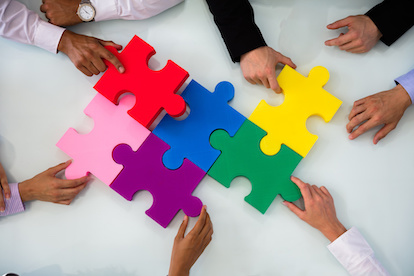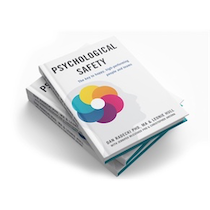We’ve all been there… A late night party on a work night, binge watching your favorite television show or jet lagged travel for weeks on end. Sleep deprivation has become a part of our fast-paced lives where we are expected to be available and online more frequently than ever. But science is finding some significant consequences when we don’t get adequate, restful sleep, particularly after an intense day of taxing brain activity. So what is behind this need for sleep in order for us to fire on all cylinders? And what’s the connection between sleep deprivation and its impact on the brain? Let’s explore…
Sleep and the Brain: An Essential Connection
Why Sleep Matters for Brain Functioning
Sleep is not just a passive state; it’s a vital process that occupies about one-third of our lives. Many studies have demonstrated negative effects of sleep deprivation on health and longevity.
Sleep has an important function on maintaining our immune system which protects us against infection and disease. Sleep deprivation has been linked to chronic inflammation and increased risk for heart disease, cancer and neurodegeneration. It’s reasonable then to think we would pay close attention to ensure that we get a good night’s sleep, yet it is often one of the most overlooked components of building and maintaining a healthy brain.
In my years of teaching about brain resilience, people seem to understand the role of interventions such as fasting, exercise, mindfulness training and even social connectedness but there seems to be a general disregard for improving our sleep.
However, we are starting to see the impact that sleep deprivation has on basic brain functioning which makes it important to understand as a factor in creating and maintaining a psychologically safe mindset.
Sleep’s Role in Psychological Safety
While psychological safety has become a mainstream term, most definitions focus on the team construct and ignore any reference to the brain. But in its purest form:
Psychological safety is the state where your brain’s need for security, autonomy, fairness, esteem and trust within a social environment are sufficiently met.
The S.A.F.E.T.Y.™ model identifies and describes these needs in detail through a neuroscience lens. Therefore, it’s logical to expect that anything impacting key brain networks managing these needs being met would also impact our sense of psychological safety.
The Brain’s Nightly Cleanup: The Role of Sleep in Information Processing
Much of the initial research on the impact of sleep deprivation on the brain focused on the biological need for sleep. What it suggests is that sleep serves as a time for the brain to sort of decompress, allowing it to make sense of all the various stimuli it had encountered during the previous day.
This information, whether it be a new person’s face, passages from a book you read, your new team strategy or anything else related to learning and memory, is replayed in your brain during sleep. This allows you to sort through what your brain deems as either important or irrelevant.
The important information is filtered by a deep brain structure called the hippocampus through a process referred to as consolidation. Those important pieces of information are then sent to the cortex for long term storage.
Research has demonstrated quite convincingly that this process is disrupted with sleep deprivation and can lead to cognitive impairments that we are all familiar with when we don’t sleep enough including forgetfulness, loss of focus and slow mental processing.
How Sleep Deprivation Affects Psychological Safety
Cognitive Impairments and Psychological Safety
Recent research is showing that sleep deprivation can have a negative impact on social behavior, namely self-regulation and social perception of those around us. In other words, it becomes difficult to manage our emotions as well as put aside our biases to accurately interpret the way other people are behaving.
The theory is that sleep deprived people show dysfunctional brain activity in the prefrontal cortex (PFC) which is a brain region that deals with self-control, inhibition and decision making in the context of reward. What happens then is that changes in this PFC cause increased responses to negative stimuli in our world and lead to reductions in trust and empathy.
Sleep Deprivation and its Impact on Teams
Since the PFC is also a key player for attention, the instability in that area leads to impaired social information processing which can really hurt team performance and increase the likelihood of biases and mistakes.
Now, a key behavior of psychologically safe teams is the ability to empathize with others, take their perspective and achieve a sense of vulnerability. So, you can see how traumatic sleep deprivation could be to that key behavior and why it is important to understand the neuroscience underpinnings of psychological safety.
Practical Solutions for Improving Sleep and Enhancing Psychological Safety
Addressing Common Sleep Disruptors
Now you’ve probably all heard about the potential roadblocks to a restful night’s sleep and much of it is focused on smartphones and computer device screens.
Early studies suggested that the blue light which is emitted from these devices suppresses melatonin which is a key chemical for sleep. However recent reviews are questioning how impactful that is in delaying our sleep and may not be a huge driver of sleep dysfunction.
Other factors like getting less than 7 hours of sleep, alcohol intake, rumination, an irregular sleep times are also known to be contributing factors but a study last month out of Stanford demonstrated that something as simple as a late bedtime could be a significant factor on mental health. This large study concluded that to achieve healthy sleep, individuals should start the sleep process before 1:00 AM, regardless of whether or not they consider themselves a “night owl”.
They theorize that neurological and physiological changes which happen late at night can create negative mood, impaired judgment and impulsivity, thus leading to chronic issues. So, managing our sleep schedule may be as important as how much sleep we actually get.
Prioritizing Sleep for Long-Term Psychological Safety
Feeling psychologically safe with the world around us is a phenomenon where many systems need to be operating at optimal efficiency. Sleep is a key contributor to ensuring the efficiency of these systems and therefore should be considered when we think of how to build and maintain our psychological well-being over our lifetime.
Interested in learning more?
 Psychological S.A.F.E.T.Y. Accreditation
Psychological S.A.F.E.T.Y. Accreditation
 Take the S.A.F.E.T.Y.™ Self-Assessment
Take the S.A.F.E.T.Y.™ Self-Assessment
 Brain-based Leadership Certificate
Brain-based Leadership Certificate
 Contact us to discuss your needs
Contact us to discuss your needs

















